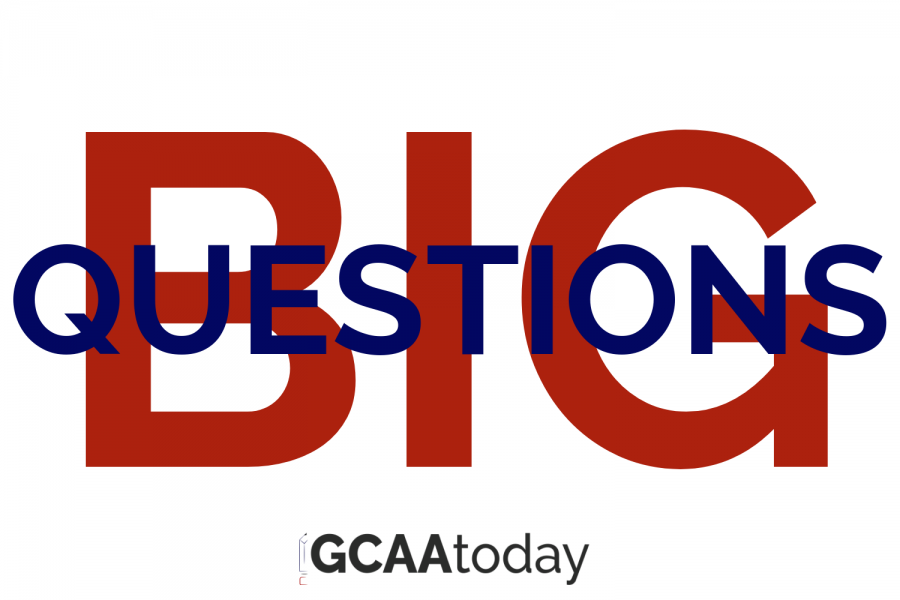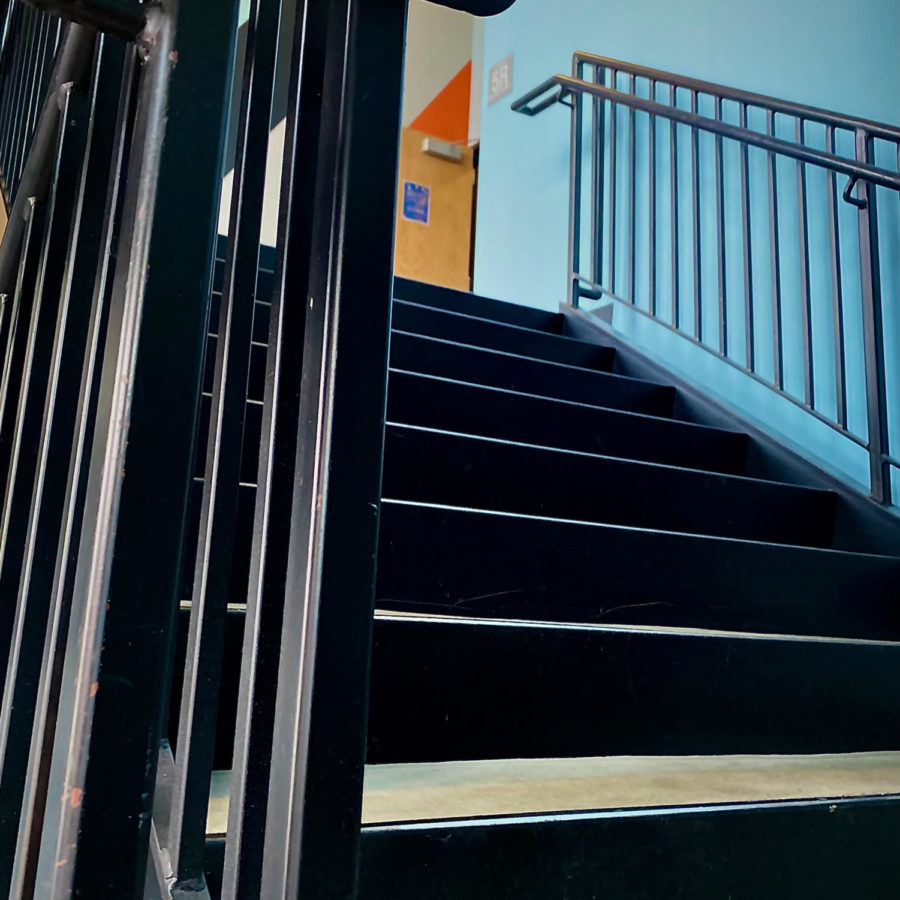Cell phone boxes in schools: Enhancing Focus or Limiting Freedom?
Cell phone boxes in our school have been a hot topic. Grand Center Arts Academy implemented a policy where students have to deposit their phones in designated boxes upon entering classrooms. The idea behind this new policy is to minimize distraction and promote a focused learning environment. Some teachers argue that the boxes help reduce the temptation to use phones during class time, which leads to better academic performances. Some teachers don’t really have a problem with cell phone usage in their class, and some vary by class. “For some classes, it is a distraction, like a noticeable distraction where I’m constantly having to remind them to put their cell phones away. Some students demonstrate self-control and put them away when they’re told the first time,” said Jennifer Adams, an English teacher at GCAA. Teachers believe that students can fully engage in classroom activities without the constant distraction of notifications and social media. However, students disagree and instead say this approach is “unnecessary,” and that “phones are not a big deal and aren’t a distraction for them in class.” They believe that instead of completely restricting access, schools should focus on teaching students how to use phones responsibly and appropriately. It’s worth noting that the effectiveness of cell phone boxes can vary depending on the school’s culture and the student’s age. Some schools have reported positive outcomes about the cell phone boxes, while others have faced challenges concerning implementing and enforcing the policy. Ultimately, the decision to use cell phone boxes in schools is a complex one; it involves striking a balance between minimizing distractions and fostering responsible phone usage. Schools need to consider the individual needs and circumstances of their students to create an environment that promotes both learning and digital literacy. Students argue that the phone boxes are unnecessary, but teachers argue that it can prevent students from cheating during tests or quizzes. With phones stored away, students are less tempted to use them to look up answers or communicate with others. However, there are some concerns raised about the use of cell phone boxes. Some insist that it may have infringed upon students’ personal freedoms and their ability to communicate with family members in case of emergencies. Additionally, there is a need for schools to ensure the security of the phones stored in these boxes. It is important for schools to find a balance between minimizing distraction and addressing the potential drawbacks of the approach. Some schools have implemented alternative strategies, such as allowing limited phone usage during designated times or incorporating digital literacy education into the curriculum. A study published in the Journal of Applied School Psychology found that the use of cell phone boxes was associated with increased student engagement and reduced distractions during class time. Students reported feeling more focused and productive when their phones were stored away. Another study published in Computers and Human Behavior examines the impact of cell phone storage policies on academic performance. It found that schools with stricter cell phone policies, including the use of cell phone boxes, had higher student achievement scores compared to schools with more lenient policies. However, it is important to note that these studies represent a limited body of research, and more studies are needed to fully understand the long-term effectiveness of cell phone boxes in school. Additionally, the effectiveness of cell phone boxes may vary depending on certain factors. Some students might appreciate the opportunity to have a focused learning environment without the distraction of their phones; so students may feel more engaged in class and be able to concentrate better. On the other hand, some students might feel frustrated or restricted by the use of cell phone boxes. They might miss the convenience of having their phones readily accessible or feel like their personal freedom is being limited. It’s important to consider the feelings students might have and their personal attachment to their phones, their individual learning styles, and their overall attitude towards technology and its role in the classroom. Ultimately, the use of cell phone boxes in school is a decision that each school needs to make based on their specific circumstances and the needs of their students.














